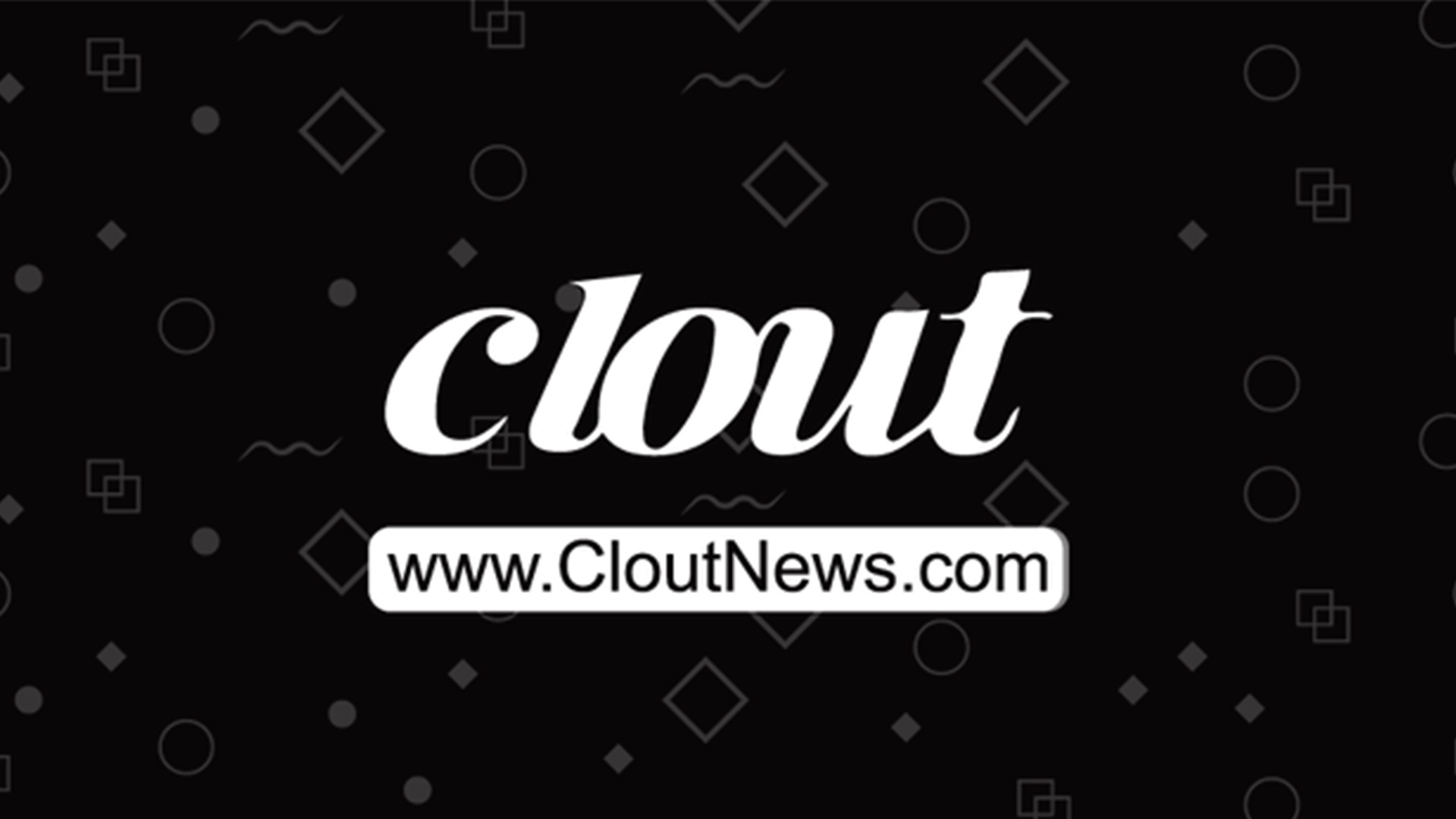 News
News
US Consumer expectations index sinks over 5% in July
Consumer confidence swooned in July amid a rash of new coronavirus cases nationwide, signaling a rockier economic recovery in the months ahead.
The index of consumer confidence fell to 92.6 this month from a revised 98.3 in June, the Conference Board said Tuesday. (Economists polled by MarketWatch had expected a reading of 96.0).
The level of confidence is still above its pandemic low of 85.7, but it’s likely to be a long time before it returns to its pre-crisis peak. The index stood near a 20-year high at 132.6 in February before the pandemic struck.
The economy is not expected to make a full recovery for at least a year or two.
What are the assessment numbers?
The Conference Board, a New York-based research organization, reported Tuesday that its consumer confidence index fell from a June reading of 98.3. The weakness came from a drop in the expectations index, which measures consumer views about the short-term outlook for income, business and labour market conditions.
The consumer confidence index is closely watched for signals it can send about future consumer spending, which accounts for 70% of economic activity.
An index that gauges how consumers feel about the economy right now actually rose to 94.2 in July from 86.7. Massive federal aid and other measures to prop up the economy have helped stave off worse financial straits for million of Americans already struggling to get by. More than 30 million people are receiving unemployment benefits.
Yet Americans have gotten more pessimistic about the near future. Another gauge that assesses how Americans view the next six months — the so-called future expectations index —sank to a four-month low 91.5 from 106.1 in June.

Congress is weighing a new financial-relief bill, but the outcome is unclear and it’s possible that emergency unemployment benefits could be reduced. Washington has kicked in up to $600 in extra benefits for jobless Americans, but the measure ends July 31.
The Economic Outlook
Many economists have scaled back their economic forecasts for the second half of the year to the mid-2 percent range, but the U.S. economy could face further headwinds from the federal budget crisis.
The US Dollar Index edged slightly lower in the last minutes and turned flat on the day at 93.67. Meanwhile, the S&P 500 Index was down 0.27% at 3,230.
Large spending cuts anticipated at the federal level are likely to lead to more public sector layoffs, as has happened in many states. That will decrease the number of people earning paychecks with which to purchase goods and services, further slowing demand.
Inventories also sharply fell 4.8 percent and actually shrank in July with a reading of 49.3 percent.
Consumers have grown less optimistic about the short-term outlook for the economy and labor market and remain subdued about their financial prospects,” said Lynn Franco, senior director of economic indicators at the board. “Such uncertainty about the short-term future does not bode well for the recovery, nor for consumer spending.
Consumers believe that the economic free-fall is now over, but consumers see little reason to believe the stimulus policies will improve their financial condition anytime soon. (source: The Reuters)
“People are a little more worried about the economy, especially over the labor market and what’s happening in Washington. It’s still consistent with the picture that the economy is bottoming out, but you are not going to get a big bounce in consumer spending”. -David Wyss, chief economist with Standard & Poor’s Ratings Services
The Stock Market Scenario
The current conditions index slipped to 70.5 in the final July reading, from 73.2 in June.

U.S. stocks extended losses after the report’s release, but the dollar and safe-haven Treasury bonds traded fairly steady.
“We are going to see the stock market improve, but it has gotten ahead of itself given my expectations of a soft economic recovery. We are going to need a mid-rally correction. This (recent rebound) is the biggest rally we’ve had since the 1930s, and it makes me nervous,” Wyss said.
“Recent income gains were reported by the fewest consumers in the more than 60-year history of the survey in each of the past three months. Reported declines in income, from lost jobs, shorter work hours, cuts in pay or bonuses were also at record levels”.
Also Read : News Highlights From July 2020
Recent Posts
- Feeling the Pressure at 25–30? Here’s Why Young Adults Think Time Is Running Out
- BTS Is Back! All Seven Members Complete Military Service—What’s Next for the K-Pop Kings?
- Diddy’s Blockbuster Trial Nears Verdict: What’s Next for the Hip-Hop Mogul?
- “Squid Game” Final Season Sparks Global Buzz Ahead of Premiere
- Beyoncé and Jay-Z Reunite Onstage in Paris: A Night to Remember
- Texas Bets Big on Film: $1.5 Billion Incentive Law Aims to Bring Hollywood Home
- Starbucks Considers Selling Its China Business Amid Fierce Local Competition
- JetBlue Retreats from Miami and Seattle Amid Mounting Financial Pressures
- Barbra Streisand Calls Out Hollywood’s Pay Gap in Meet the Fockers Revelation
- Elon Musk’s Robotaxi Revolution: A Cosmic Ride into the Future


